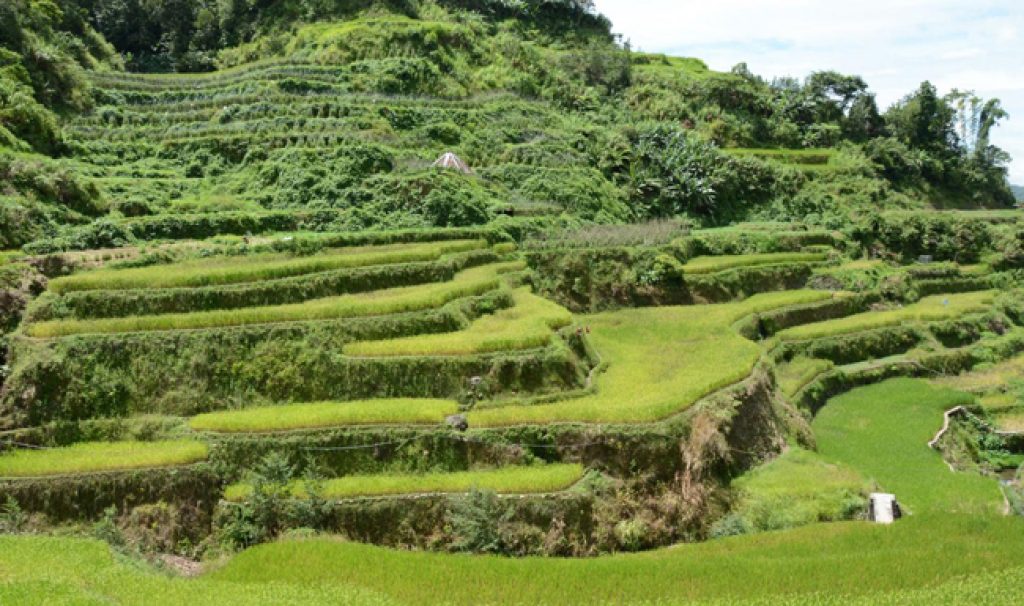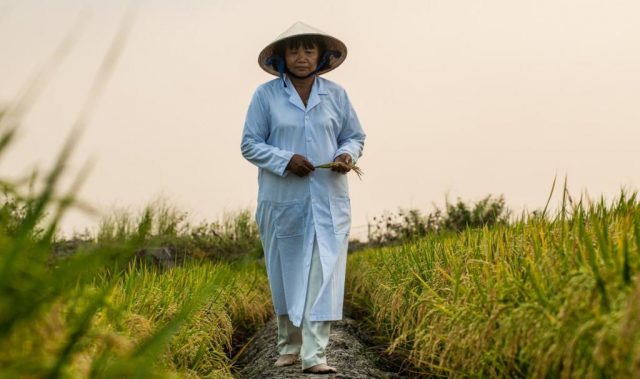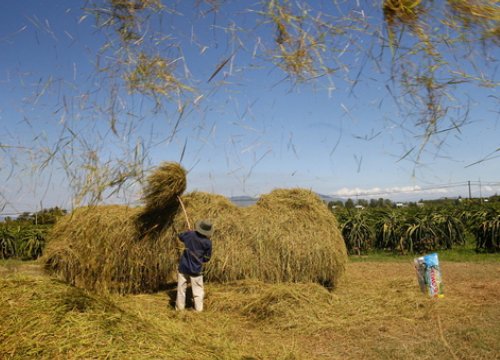
AsianScientist (Aug. 25, 2016) – Silicon has the potential to improve rice yields and crop health, according to research findings presented at the Land-use intensity and Ecological Engineering Assessment (LEGATO) conference, which took place from August 6-11, 2016 in Banaue, Philippines.
The fifth and final conference was a culmination of a five-year international research effort into Southeast Asian rice cultivation funded by the German Federal Ministry of Education and Research.
“LEGATO research has aimed to take into account a complexity of factors that might influence achieving sustainable rice production in the region, while at the same time taking into account protecting biodiversity and natural resources,” explained LEGATO co-ordinator Professor Josef Settele from the Helmholtz Center for Environmental Research in Germany.
At the conference, LEGATO researchers presented data highlighting the benefits of silicon for the health of rice crops. They described a study they carried out in Northern Vietnam, which showed that silicon fertilization led to increased silicon uptake by rice and improved rice yields.
Other study results that were discussed ranged from the contribution of pollinators and soil organisms to biodiversity and nutrient provisioning, to the importance of the socio-cultural context for sustainable development or ecotourism in the study regions.
The article can be found at: Klotzbücher et al. (2016) Silicon Cycle in Rice Paddy Fields: Insights Provided by Relations between Silicon Forms in Topsoils and Plant Silicon Uptake.
———
Source: Pensoft Publishers; Photo: Pavel Stoev.
Disclaimer: This article does not necessarily reflect the views of AsianScientist or its staff.











